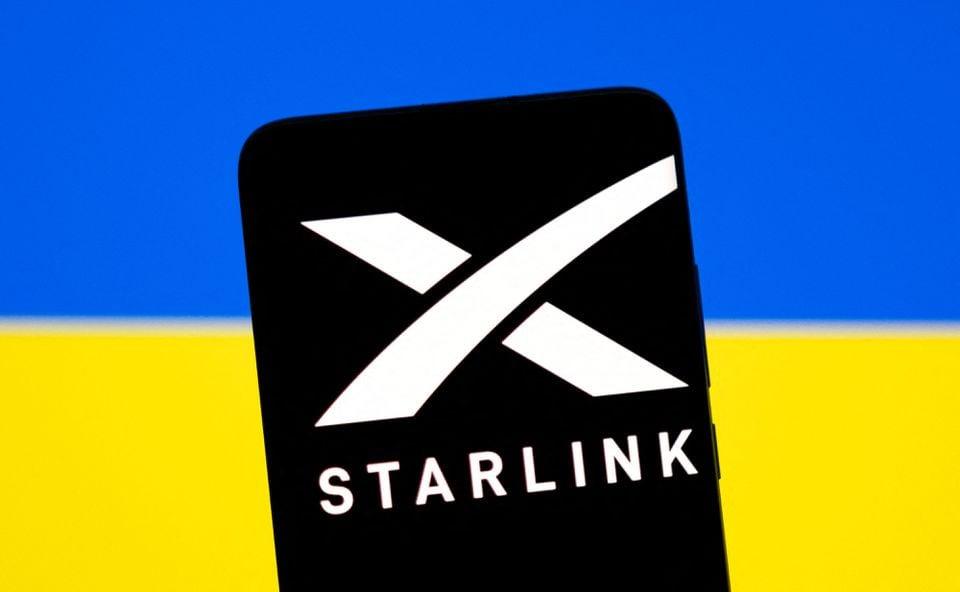Islamabad:
Starlink Internet Services in Pakistan has not yet started the satellite -based Internet services in Pakistan from Low Earth Orbit (LEO) in the wake of new challenges and concerns expressed by experts and public.
According to experts, Starlink’s journey is conditional on resolving legislative, security and political concerns, in addition to the high costs of the service also constitute a barrier to widespread adoption among the public and business.
In Pakistan, one of the most important factors is its costs for users, initial as well as monthly. Starlink’s home plans are estimated at RS35,000 per Month with a one -time setup fee of RS110,000, while business plans can reach RS95,000 with an installation fee of RS220,000.
In contrast, a local ISP offers fiber optic plans ranging from RS2,500 to RS12,000 per year. Month, which makes Starlink unaffordable for many people because of the low economy in the country available to households is not possible.
In March 2025, Starlink prompted a temporary NO-Efertive Certificate (NOC) to operate in Pakistan. However, this was not a full license and the company still had to meet all the regulatory requirements. Furthermore, security preparation is still awaiting.
Starlink has not received the necessary security distance from the Ministry of the Interior – a prerequisite for getting an operating license from Pakistan Telecommunication Authority (PTA). Starlink is obliged to comply with the national space policy rules that have contributed to the delays.
“Starlink works independently of local ISPs and national Internet -Gateways, users may be able to access disadvantageous content prohibited by PTA [such as politically-sensitive websites]said Hannan Gillani and IT expert.
“It could bypass state filters, firewalls and surveillance systems, and these challenges could provoke a legal and political, setback and problem for state authority over Internet management. Therefore, PTA should develop a mechanism before issuing the final license to Starlink in Pakistan,” he added.
About the payment method, Gillani said, if subscription fees in US dollars were paid via international payment methods, such as credit cards, it would increase the dollar outflow from Pakistan’s already fragile foreign reserves.
Unless Starlink accepted local billing in Pakistani Rupier through the State Bank of Pakistan (SBP) regulated channels, the financial burden could grow with multiple subscribers, “warned the IT expert.
A PTA official commented that Starlink’s entry into Pakistan could significantly increase the connection, especially in under-serving and remote regions, but added that the authority carefully underwent all regulatory, technical and security aspects before giving full operational approval to it.
The official acknowledged that affordable prices remained a valid concern for users and “We are obliged to ensure that any such service introduced in Pakistan matches our national ICT targets and remains available” to the public.



